
Reloop’s newly updated fact sheet, offering a detailed summary of global return rates for deposit return systems (DRS) in place around the world, along with insights into their performance and the key factors that influence their effectiveness.
Reloop News

Reloop’s newly updated fact sheet, offering a detailed summary of global return rates for deposit return systems (DRS) in place around the world, along with insights into their performance and the key factors that influence their effectiveness.
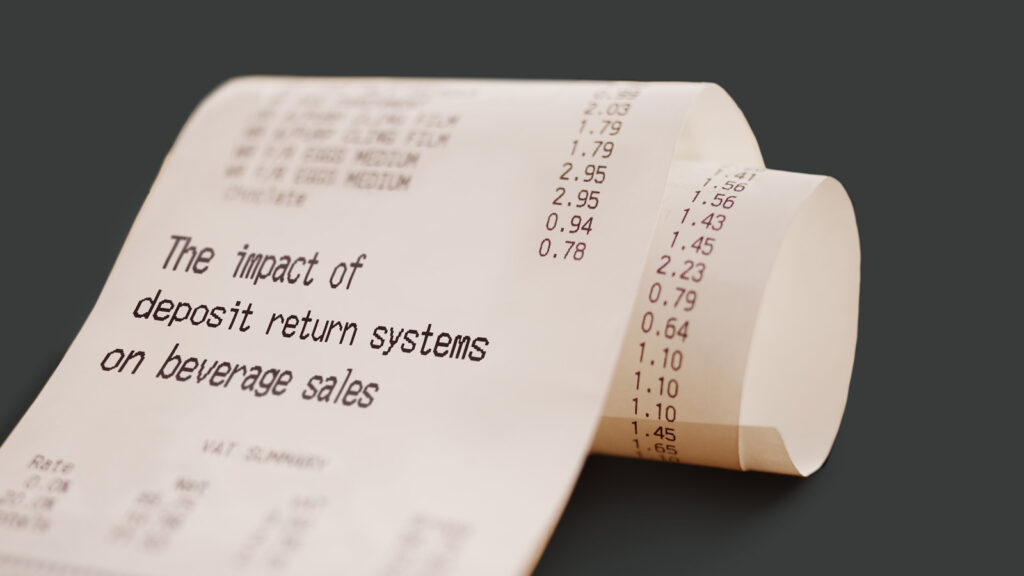
New analysis shows the introduction of new deposit return systems or program changes has no discernible impact on beverage sales.
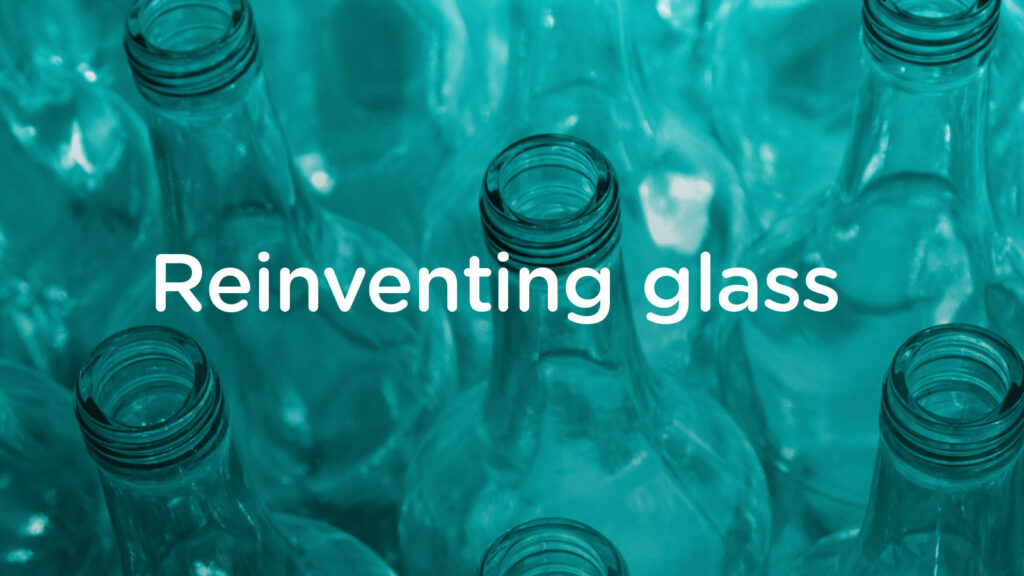
Our policy recommendations for the PPWR highlight the urgent need to address the environmental impact of single-use glass packaging.
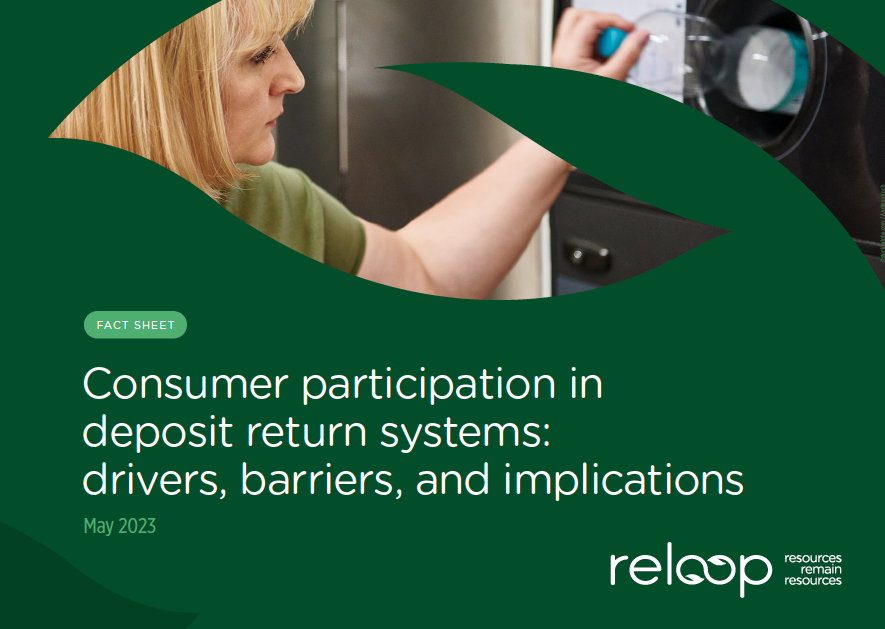
New Reloop fact sheet on consumer participation in deposit return systems.
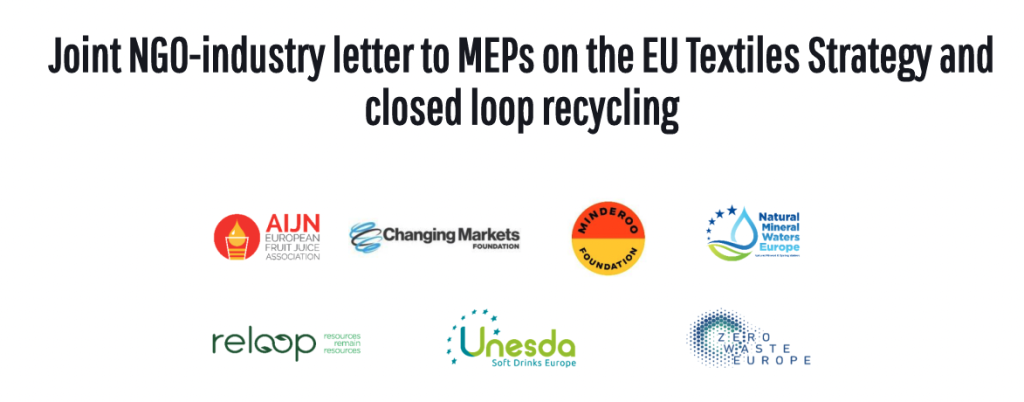
The letter focuses on the issue of downcycling PET beverage bottles in textiles claimed to be “sustainable” or “circular.”
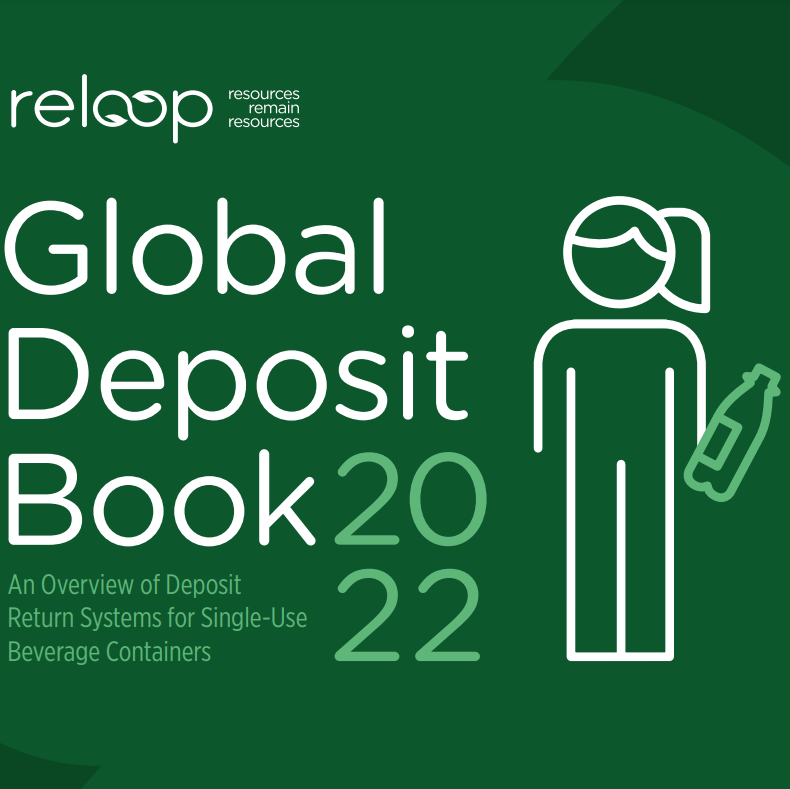
This report shows that global interest in DRS continues to grow, and that by the end of 2026, around 748 million people could live in jurisdictions with DRS, more than double the population covered as of the end of 2022.

More waste is generated by Americans than ever before, and several crises have recently converged to threaten municipal budgets and expose deep, systemic problems throughout the waste management industry.
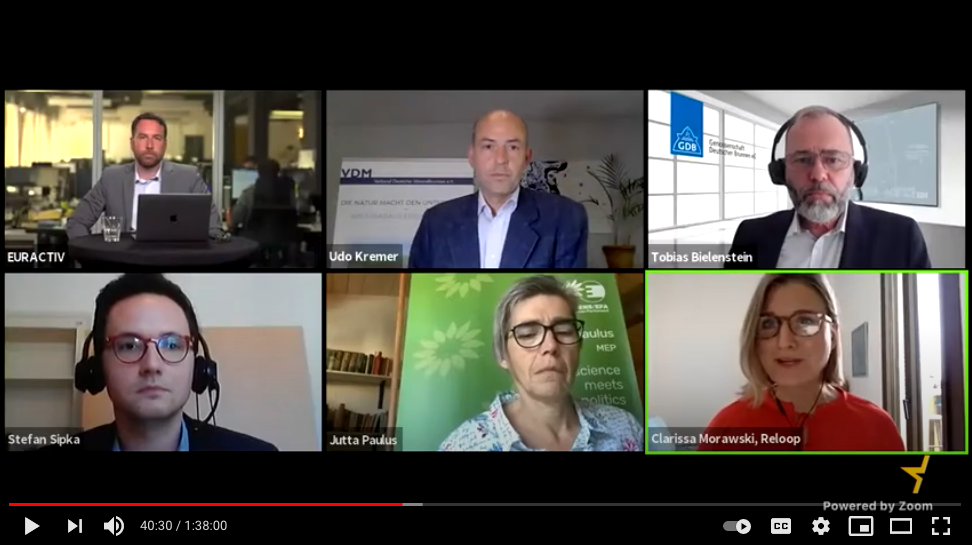
Reloop’s CEO Clarissa Morawski participated as a part of a panel discussion organised by the German Mineral Water Association about the next steps that the EU and the natural mineral water sector need to take together to protect the climate and the most valuable resource there is: water.
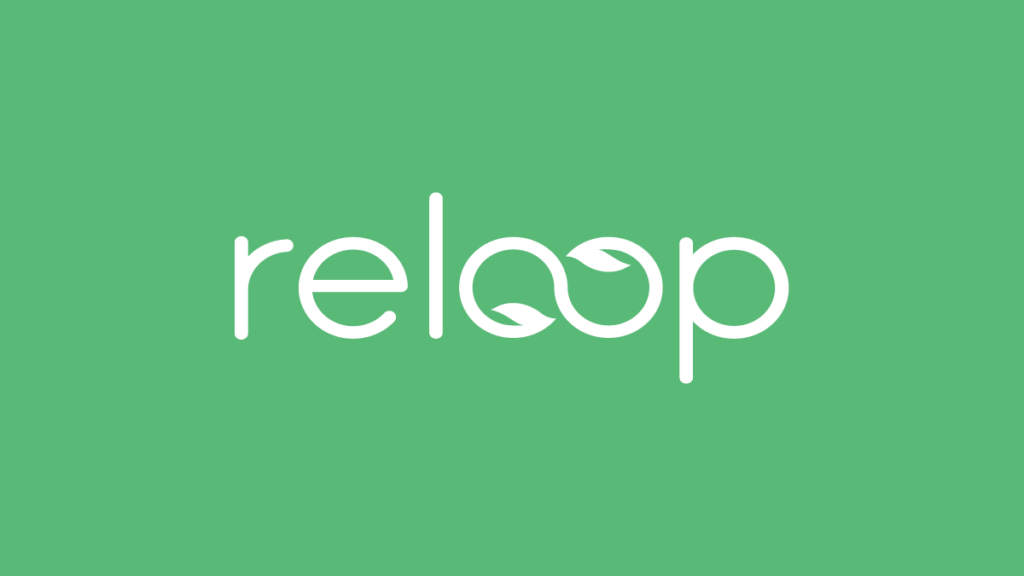
Reloop’s CEO Clarissa Morawski sat down (virtually!) with Resource Recycling’s Jared Paben to share her thoughts on what North American stakeholders can learn from Europe’s plastics policies and strategies.